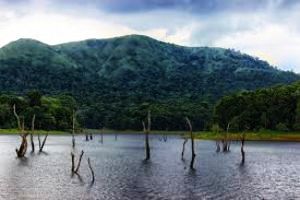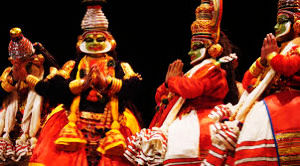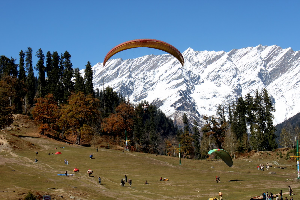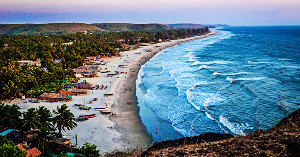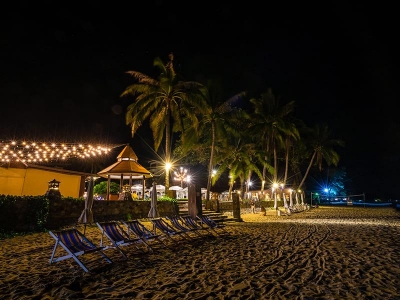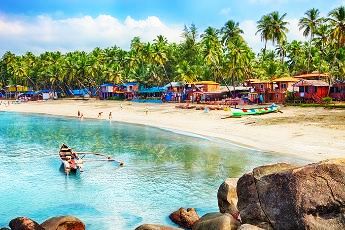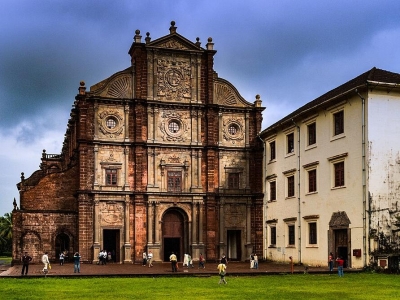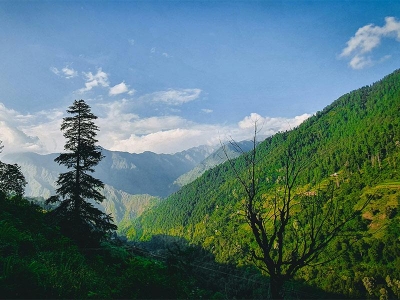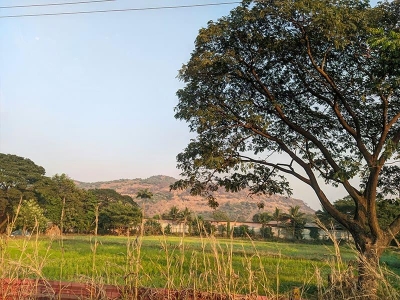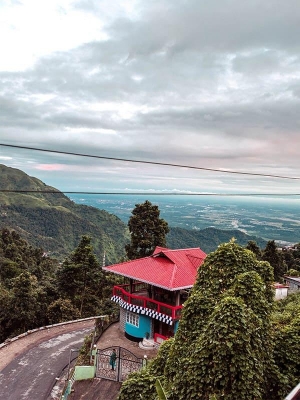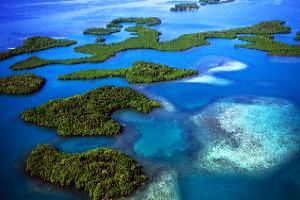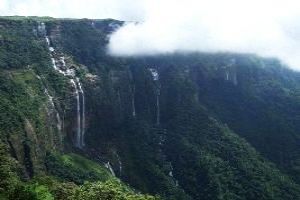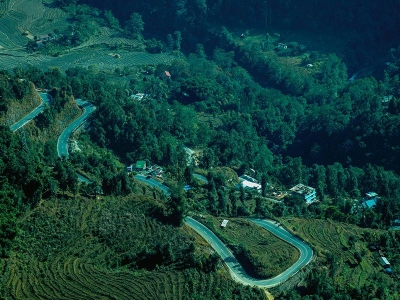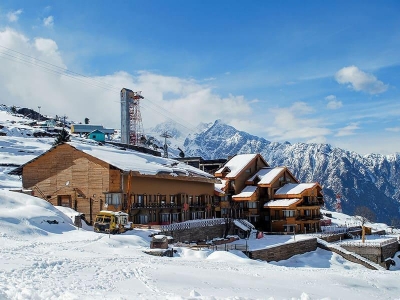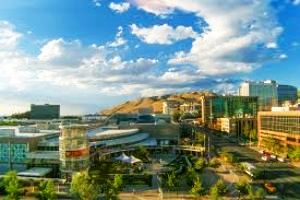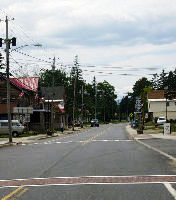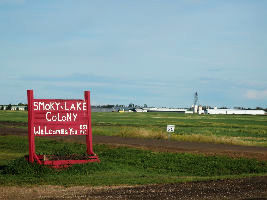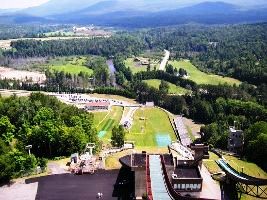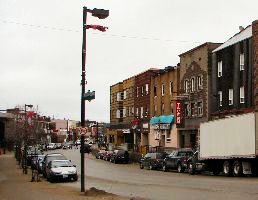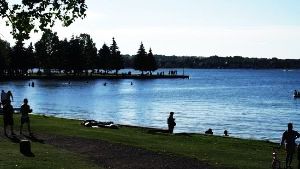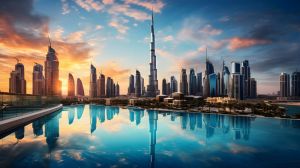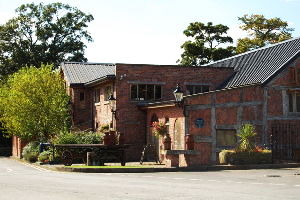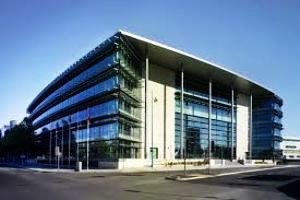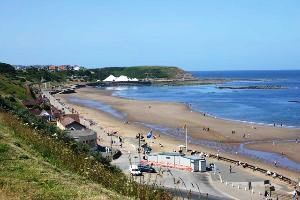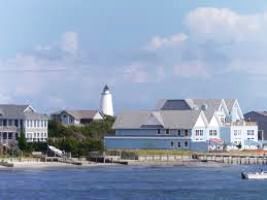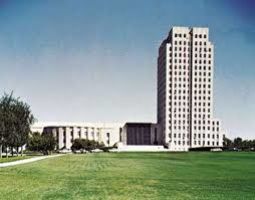Places to visit in Kerala
Things to do
Packages
Ideal Days
Q&As
Currency
About Thiruvananthapuram
The capital of modern-day Kerala since 1956, and of the erstwhile kingdom of Travancore well before that, Thiruvananthapuram has been a seat of political power for several centuries. It is also Kerala’s most populous city and is situated on India’s west coast, literally a stone’s away from the country’s southernmost tip.
Built on seven coastal hills with the Arabian Sea on one side and the Western Ghats on the other, Thiruvananthapuram is a major IT hub and also a centre for higher education and scientific research and advancement – with the University of Kerala, the Vikram Sarabhai Space Centre, the Indian Institute of Space Science and Technology and the National Centre for Earth Science Studies calling it home. In addition, India's first IT park—Technopark—and first infotainment industrial park were also established here. The Indian Air Force’s Southern Air Command, the Thumba Equatorial Rocket Launching Station and the upcoming Vizhinjam International Seaport are all based here, as well.
This apart, Thiruvananthapuram is a major tourist destination, known as much for its palaces, temples and museums, as it is for its beaches, hills, and wildlife sanctuaries.
WHAT TO SEE
Besides Thiruvananthapuram’s many renowned temples, palaces, and museums, and beaches, the city is also closely located to several of Kerala’s well-loved beaches, national parks, hills, and forests. This brings the traveller to Thiruvananthapuram the best of many worlds.
Sree Padmanabhaswamy Temple: Believed to date back to the 8th century CE, the Sree Padmanabhaswamy Temple which finds mention in several Hindu scriptures, is considered the richest place of worship in the world. Dedicated to Padmanabhaswamy, an avatar of Lord Vishnu, the temple gives Thiruvananthapuram its name 'Thiru-Anantha-Puram' meaning 'sacred abode of Lord Anantha Padmanabha’ Built in the Chera style, unique to Kerala and its neighbouring states, the Sree Padmanabhaswamy Temple is one of 108 Divya Desams holy abodes of Vishnu.
Rock Cut Cave Temple – Vizhinjam: The Vizhinjam rock-cut cave temple, arguably the smallest rock-cut shrine in southern India, dates back to the 8th century and is now a protected monument. The shrine has a central cell with a sculpture of Dakshinamurthy, flanked by unfinished sculptures of Siva and Parvathi.
Kanakakkunnu Palace: Located in the heart of Thiruvananthapuram, Kanakakunnu Palace is one of the last architectural vestiges of the colonial era. Built between 1885 and 1924, it served as the main venue for royal banquets. Listed as a heritage monument, today the palace and its sprawling grounds serve as a venue for cultural meetings and programmes.
Kowdiar Palace: Built in 1934, the 150 room Kowdiar Palace is famous for the refinement and style of its architectural work. Although entry to the palace is restricted —being the private residence of the Travancore royal family—it is a marvel worth glimpsing.
Padmanabhapuram Palace: Although located 52 km from Thiruvananthapuram in the neighbouring state of Tamil Nadu, the Padmanabhapuram Palace is owned, controlled and maintained by the Government of Kerala. A magnificent complex of structures, located at the foot of the Veli Hills in Padmanabhapuram, the former capital city of the erstwhile kingdom of Travancore, it has a significant place in the annals of that dynasty.
Kuthiramalika Palace: Built in the 1840s, the Kuthira Malika Palace, which literally means 'Mansion of Horses', was so named because of the 122 horses that adorn the many pillars supporting the southern roof of this majestic structure. Today it houses a museum containing artefacts, including ethnic jewellery once worn by reigning royalty, wooden paintings and carvings, and arms and idols made of the purest metal.
Kerala Biodiversity Museum: The Kerala Biodiversity Museum aims to create awareness about species and ecosystem diversity and biodiversity conservation activities in Kerala, India and around the globe. Its major attractions are a biodiversity gallery, exhibits, dioramas, scaled-down models, interactive kiosks, LCD displays and a 3D theatre.
Napier Museum: Built in 1880 and named after the then Governor General of Madras, the Napier Museum is situated in the heart of Thiruvananthapuram. Its unique ornamentation and architectural style, with a Gothic roof and minarets, have made it a well-known landmark. The museum has an impressive collection of artistic, cultural and antique objects—from sculptures in bronze and stone, wood and ivory carvings, textiles, and handicraft items to Kathakali models, lamps, traditional musical instruments and large and varied numismatic collections from the Chera, Chola and Pandya dynasties.
Sri Chitra Art Gallery: Opened in 1935, Sri Chithra Art Gallery houses a large collection of paintings. While those of Raja Ravi Varma form the main attraction, visitors are also treated to a veritable feast of art by other fine artists. These include paintings by the Tagores Abanindranath, Gaganendranath and their uncle Rabindranath Nandalal Bose and others of the Bengal school, the Russian father-son duo, Nicholas and Svetoslav Roerich, as well as several splendid Mughal, Rajasthani, Tanjore, Tibetan and Balinese works of art.
Shankumugham Beach: Situated to the west of the city, it is a popular vantage point for enjoying the sunset. Festivities on special occasions are a regular feature. A 35- metre long sculpture of a mermaid, by renowned sculptor, Kanayi Kunhiraman is an added attraction.
Besides the city’s own unique attractions, it is also located close to Kovalam Beach, Ponmudi Hills, Peppara Wildlife Sanctuary, and the Neyyar Wildlife Sanctuary. All of which are within a motorable distance to the city. Among these, Kovalam Beach is located just 16 km away. All these only add to the charm of Thiruvanthapuram.
WHAT TO DO
Thiruvananthapuram is a great cultural hub. Here, you can sample Kerala’s many distinctive flavours. Its location makes it a uniquely positioned city from where you can plan hikes and nature walks through the state’s vast forests and spectacular coastline.
What to buy: Kerala lamps and saris are the takeaways that best represent this state. Kathakali masks are another curio associated only with Kerala. That apart, the state’s aromatic oils, spices, and tea are highly prized.
What to eat: Thiruvananthapuram has much to offer the culinary adventurer, although ambience can often be a missing element. Conforming largely to traditional forms and varieties found in all parts of Kerala, delightful and delicious regional variations wait to be discovered. These could be in the shape of vegetarian fare like Kaalan and Thora or non-vegetarian preparations available at Buharis, seafood near the harbour or tribal food near Peppara.
Where to Stay: From 5-star luxury and middle-of-the road hotels to tasteful resorts and homestays, Thiruvananthapuram offers accommodation options that suit every budget.
The best time to visit: Like the rest of Kerala, Thiruvananthapuram, in general, enjoys a relatively cool period between November—late February, a dry and warm phase between early March – late May and a long and wet—often very wet—spell for the rest. Visitors are best advised to check forecasts while planning their trips and choose according to their taste and preference.
How to get there: As Kerala’s capital city Thiruvananthapuram is connected to the rest of Kerala by road, rail, air, and sea. By road, Thiruvananthapuram is served by National Highway 66 of India's National Highways system and is connected to its North-South Corridor, 80 km south of the city. By rail, Thiruvananthapuram has long-distance trains originating from Thiruvananthapuram Central and Kochuveli railway terminals. By air, Thiruvananthapuram International Airport is less than 7 kilometres away from the city centre. It is connected to all major Indian cities and to destinations in the Middle East, Malaysia, Singapore, the Maldives and Sri Lanka. If you want to travel to Thiruvananthapuram by sea, small cruise ships often dock at the Vizhinjam Harbour. A cruise terminal is under construction at the Vizhinjam Transshipment Terminal.
Thiruvananthapuram Rating & Reviews



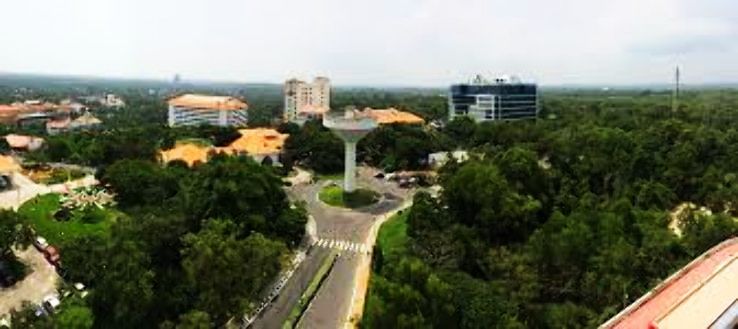
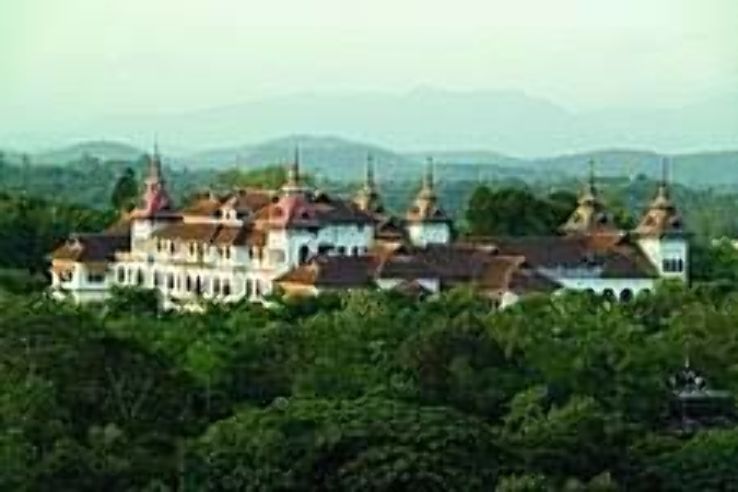
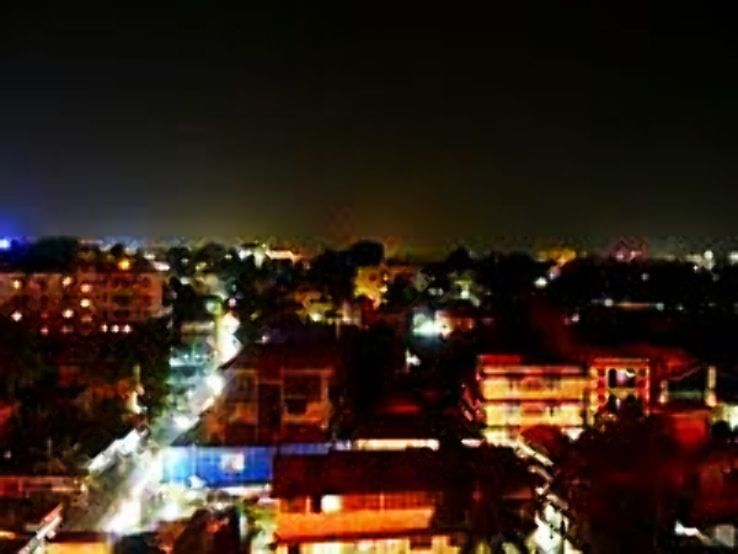
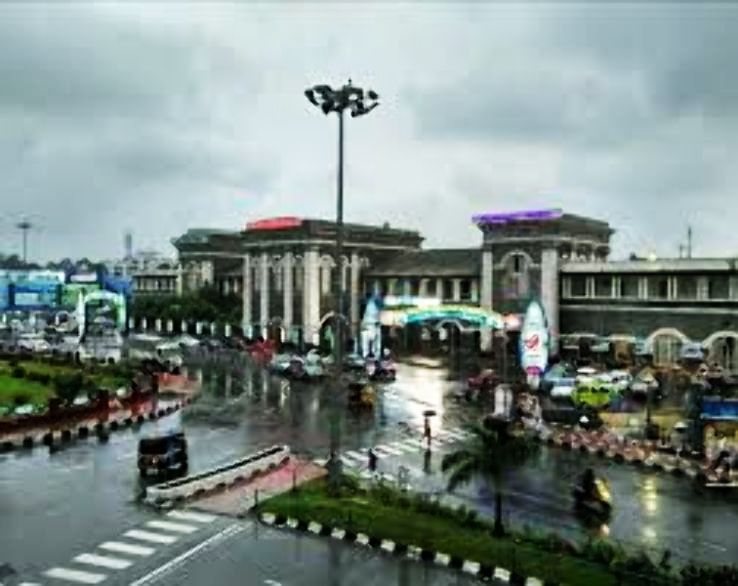
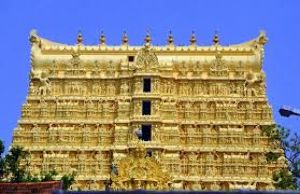
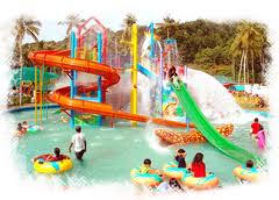
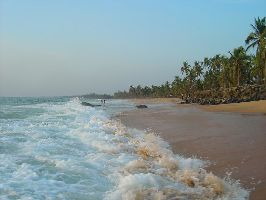
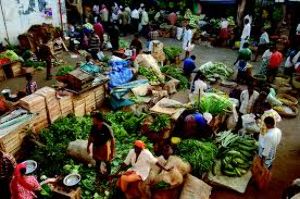
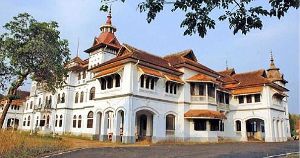
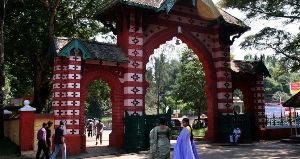
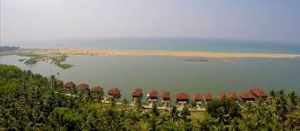
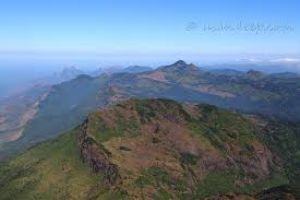
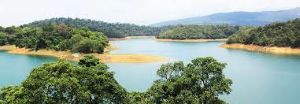
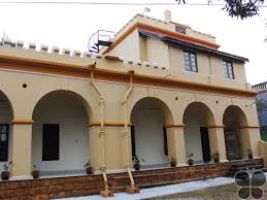
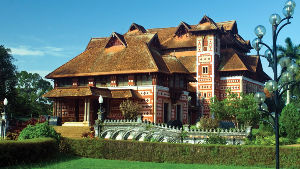
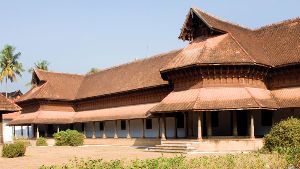
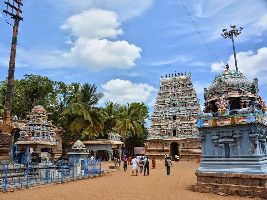
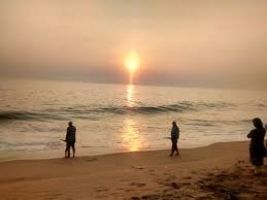
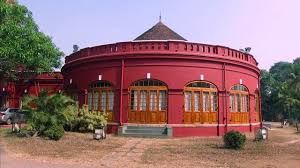
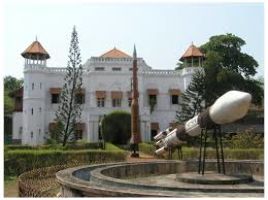
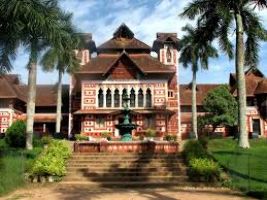
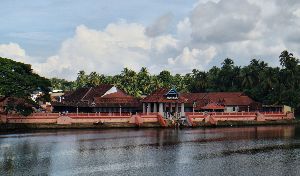
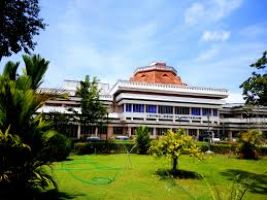
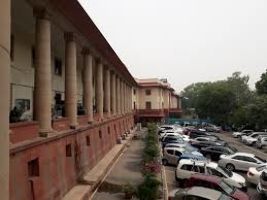

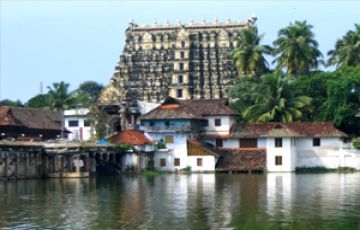
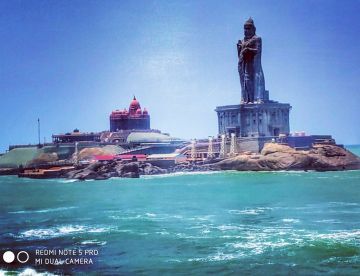
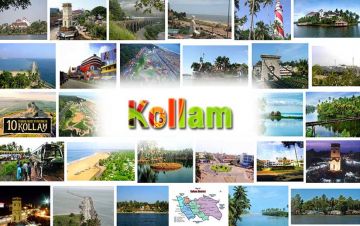
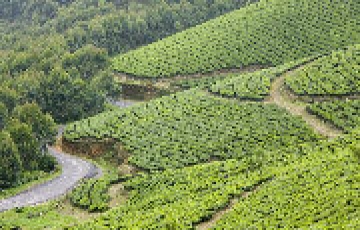

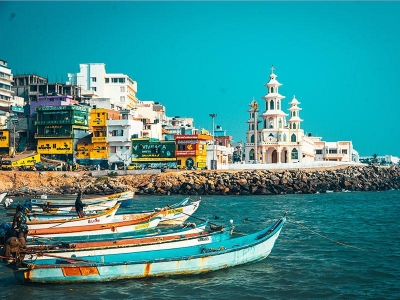
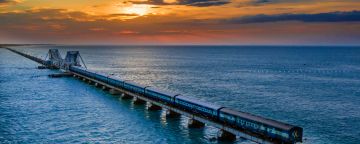
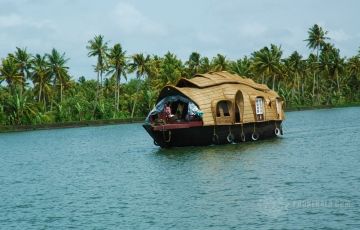
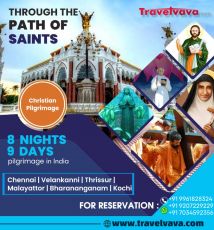
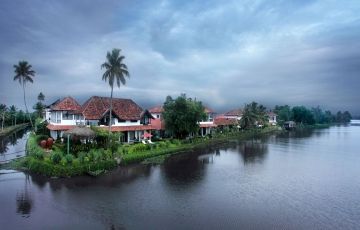
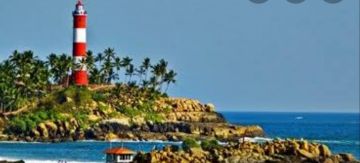
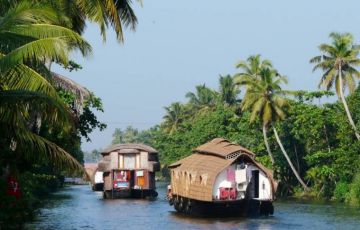
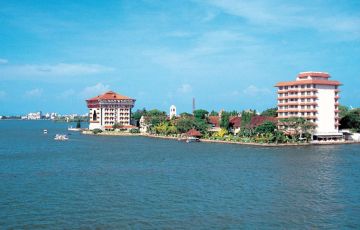
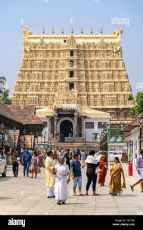
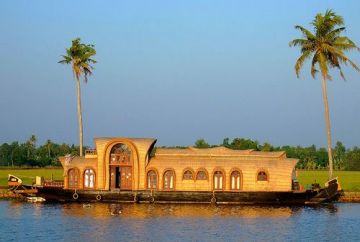
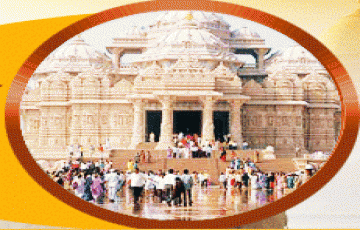


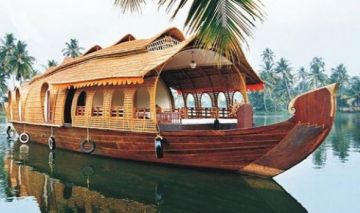
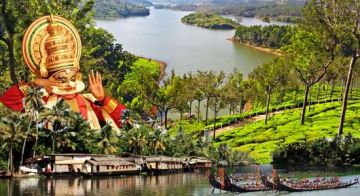
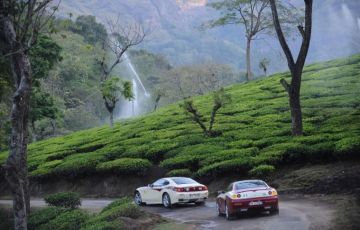
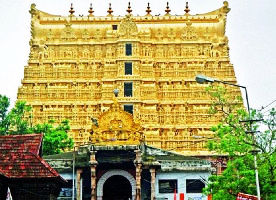
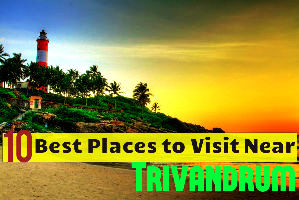
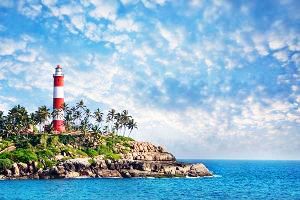
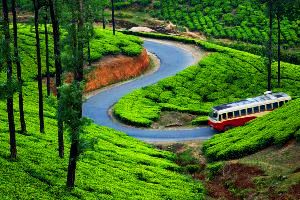
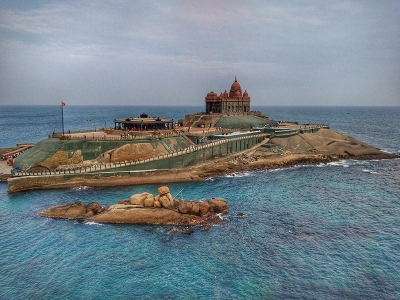
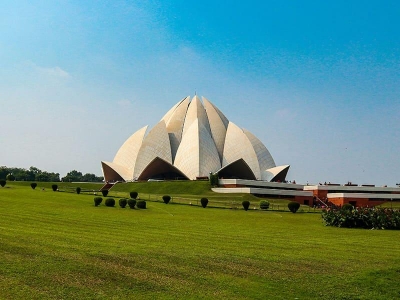
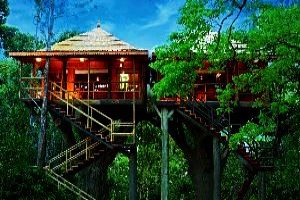
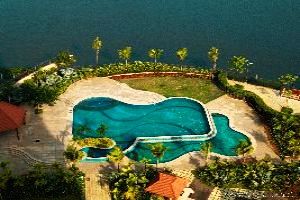
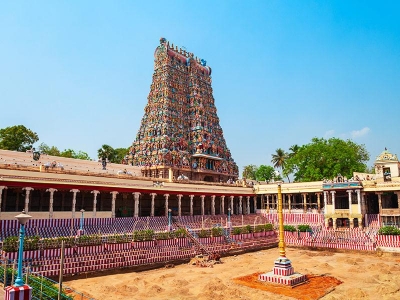
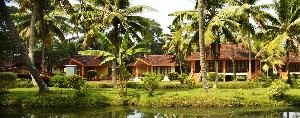
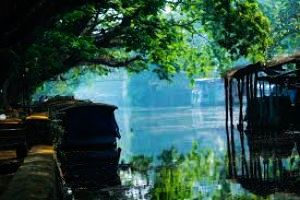
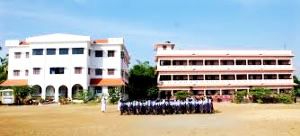

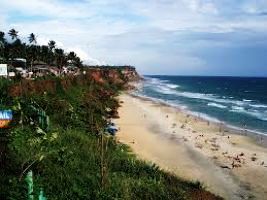
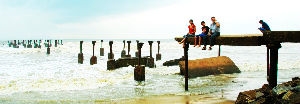

_1509646944m.jpg)
